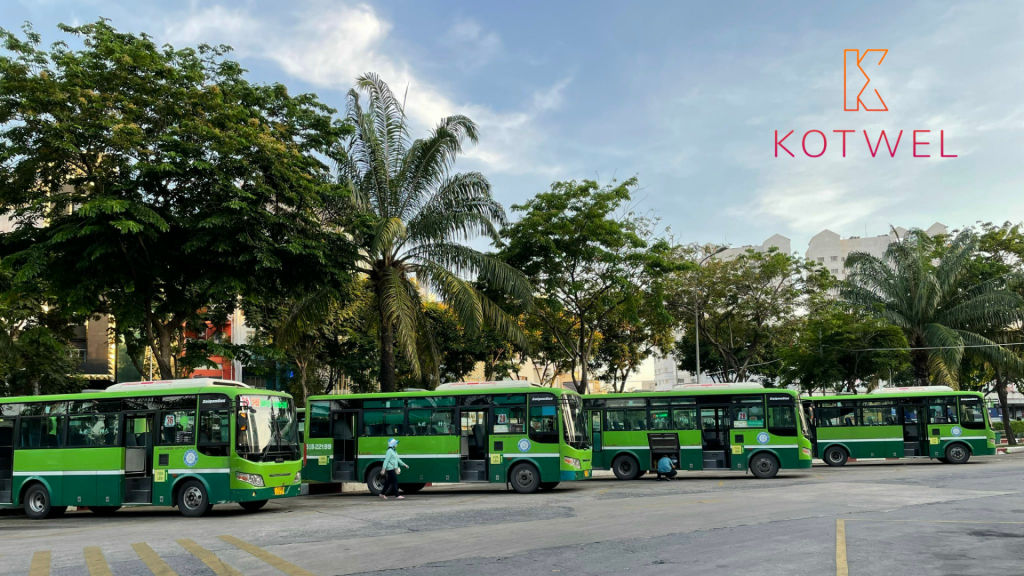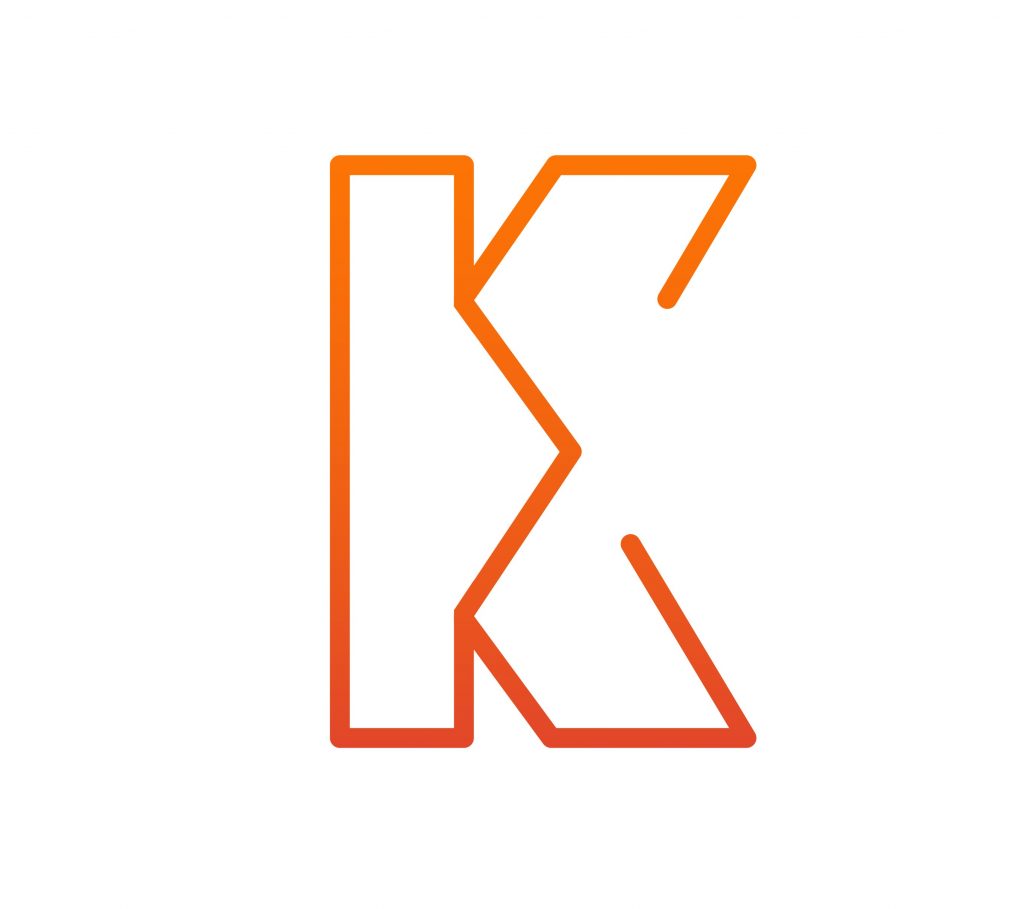We don’t have to guess what the future holds for AI and machine learning — it’s right in front of us. Today, organizations are racing to build datasets for these groundbreaking technologies, but there are no “off-the-shelf” solutions. Organizations need to be deliberate about collecting the data they need and choosing the most optimal way of storing them. Following a few guidelines may help you pick a successful dataset that will power your AI engine.
Bus Datasets
Studies estimate that most of the world’s data is held on buses, but recently organizations have begun to collect and analyze bus data. The amount of data available from buses is in the millions. Data from buses is automatically collected, such as bus routes and bus stops, but can also be collected manually through sensors and cameras. Here are some examples of good datasets for AI:
- Transit vehicle location and speed (e.g., buses, trains, etc.) for manual collection or automatic collection using sensors
- Shared mobility services including rideshare booking and payment mechanisms (e.g. Uber, Lyft)
- Commute traffic prediction (e.g. self-driving cars/shuttles, shared autonomous shuttles)
- GPS for automatic collection (e.g., self-driving cars/shuttles) or manual collection using sensors
- Driver behavior data: how many stops do drivers make, how long are they in the vehicle before exiting, etc.
- Passengers counting: how many passengers get on and get off the bus.
.....
Assembling Data
Bus datasets are large and complex and require careful analysis in order to derive insights. At Kotwel, we provide a diversity of bus environment datasets, especially video bus camera footage and environmental conditions, including noise, light, weather and temperature. We are also able to provide detailed analytics of passenger behavior, such as frequency of stop, commute duration, route changes and more.
Data Quality And Quantity
Organizations often collect multiple data types from various sources to make their bus data work for them. This may be worthwhile if you need both high-quality data and quantity — such as to run deep learning models — but can create confusion because the data is not being used efficiently. The best way to mix datasets is to treat each data type separately and optimize its use in each specific scenario.
For instance, transport data can be used to predict demand change based on their existing public transport infrastructure, but the use case must be clearly defined, so that you know which data type works best for your situation. Bus schedules are useful for analyzing commuter behavior and can be used in combination with weather conditions and location data. Location-based information regarding bus stops and routes are also important.
Bus datasets need to be analyzed by their data type, rather than analyzed as a whole. This will ensure that the business value gets optimized and the data is used appropriately.
Data Format And Storage
Organizations are often overwhelmed by the choice of formats for storing bus data. There are many different systems and protocols for collecting, storing and analyzing bus data, each with its pros and cons. Bus dataset storage should be discussed in greater detail with your IT team as part of your project planning process. One of Kotwel’s technology partners , a global leader in software development and Big Data consulting solutions, provides strong expertise on storage options. Organizations should also partner with organizations that can manage their data successfully.
Organizations shouldn't be discouraged by the challenges of data prep and storage when building and analyzing bus datasets. With careful planning, these datasets can be used to provide valuable insights and feedback into a business model.
High-quality Data Collection Service at Kotwel
Data collection can be noisy and costly, which is why it’s essential to design data collection workflows to capture high-quality data. To avoid losing one of your most valuable assets, work with a data collection services partner that understands rules, regulations, and implications of data collection, while leveraging technology to enable you to develop machine learning at scale. At Kotwel, we provide data collection services to improve machine learning at scale. As a global leader in our field, our clients benefit from our capability to quickly deliver large volumes of high-quality training data across multiple data types, including image, video, speech, audio, and text for your specific AI program needs.
Kotwel is a reliable service provider, offering custom AI solutions and high-quality AI training data for companies worldwide. Data services at Kotwel include data collection, data annotation and data validation that help get more out of your algorithms by generating, labeling and validating unique and high-quality training data, specifically tailored to your needs.


